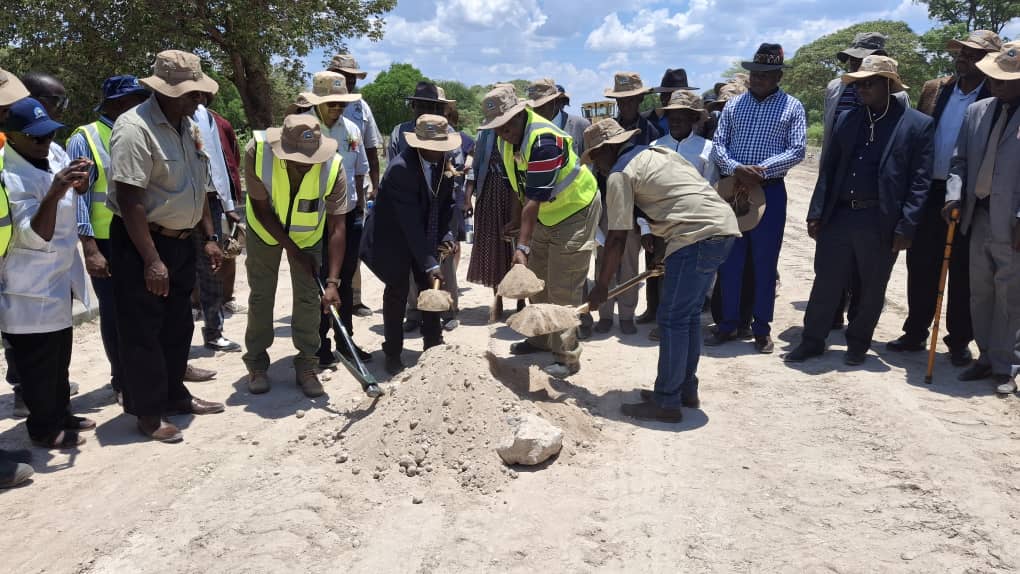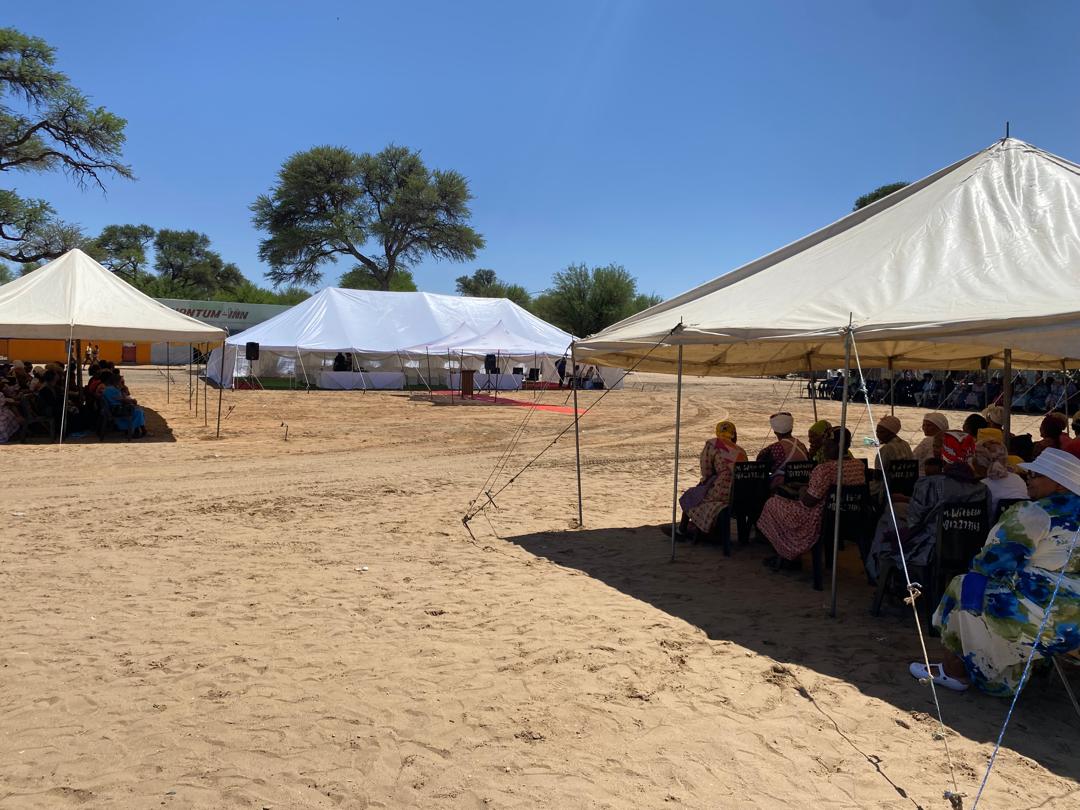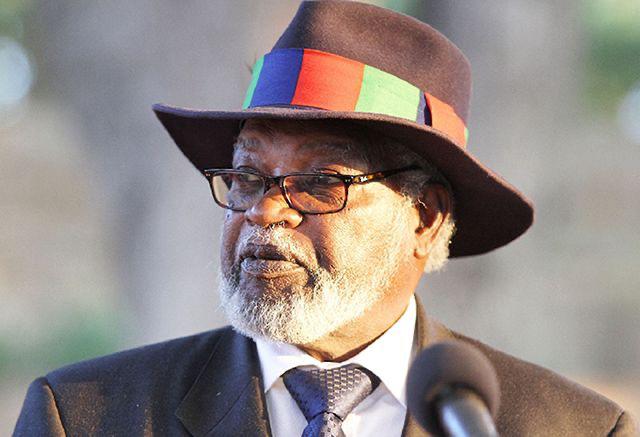Namibia is approaching one of the most significant events on the democratic calendar, Presidential and National Assembly elections set for 27 November.
According to the Electoral Commission of Namibia, 1.4 million of the country’s 1.6 million eligible voters, as identified by the census, have registered to vote.
That represents 91% of eligible voters, which I think is a fairly good turnout.
In addition to pre-election campaigns and community meetings, there has been talk of the possibility of a presidential debate.
While this topic gained attention on social media, it seems to have faded somewhat.
However, I firmly believe a presidential debate would offer an excellent platform for candidates to explain to members of the public why they deserve their vote.
Debates allow candidates to engage in discussions about political, economic, social and international issues that directly affect Namibians.
However, most candidates rely on conventional campaign tactics, such as rallies and community meetings.
Such events often feature speeches that may include harsh criticism of other political parties and rival candidates.
Also, people generally don’t get an opportunity to ask questions or engage in discussions with politicians.
They simply listen to speeches and promises about what the candidates plan to achieve, which I believe is somewhat unfair to voters.
A presidential debate would give candidates a chance to openly discuss and defend their views on socio-economic issues people are concerned about.
TOPICAL ISSUES
Namibia’s economy, like many in Africa, has been struggling recently.
For this reason, it is crucial to discuss issues such as oil discoveries and Green Hydrogen projects, which have the potential to positively affect the economy.
Another issue is the removal of the Red Line, also known as the veterinary cordon fence, between northern Namibia and the central and southern regions.
Public opinion on this is divided: Some want it removed, while others defend its continuation.
Other pressing issues which deserve attention include education, healthcare, drought, water scarcity and high unemployment.
A presidential debate would allow voters to hear candidates’ approaches on these and other important socio-economic challenges.
Unlike traditional campaign rallies, a presidential debate would provide a clear platform for candidates to outline their positions on issues that matter most to the public.
They would have to explain, in practical terms, how they intend to address these issues, leaving voters to judge which proposals are realistic and achievable.
I believe there are many undecided voters, especially those voting for the first time, who are not sure who to support, partly because they do not attend rallies.
DREAMS AND DETAILS
While political parties do launch manifestos, these often merely list what they plan to do if elected without clearly detailing how they intend to achieve their promises.
This can sometimes seem like they are simply selling dreams.
Campaign rallies and community meetings alone are not enough to convince voters of a candidate’s worthiness.
In contrast, a presidential debate would allow candidates to articulate their plans more thoroughly.
It would also allow voters to observe how candidates respond under pressure, address complex issues and interact with their rivals.
Such debates can play a crucial role in shaping public opinion before elections.
In addition, as these debates would likely be broadcast on television, radio and online platforms, they would reach a wider audience.
My hope is that we will have a debate before the elections and I see no reason why it shouldn’t happen.
While candidates have the right to refuse participation, I believe anyone who aspires to be president should welcome the opportunity to engage in such a forum.
Refusing to participate not only deprives voters of an important chance to see candidates debating socio-economic issues, but raises questions about the candidates themselves.
VALUE YOUR VOTE
Finally, I urge all registered voters, particularly the youth, who are often noted for low voter turnout, to make sure they vote.
Given the state of our nation, especially the economy, it is essential to consider the character, integrity, and competence of political leaders, regardless of their political affiliations.
Voters should look beyond party loyalty and focus on the abilities and principles of individual candidates.
- •Asser Nakale is an assistant archivist in the Ministry of Education, Oshikoto Region. This article is written in his personal capacity; Twitter (X): @AsserNakale; email: laudikanakale@gmail.com
Stay informed with The Namibian – your source for credible journalism. Get in-depth reporting and opinions for
only N$85 a month. Invest in journalism, invest in democracy –
Subscribe Now!






